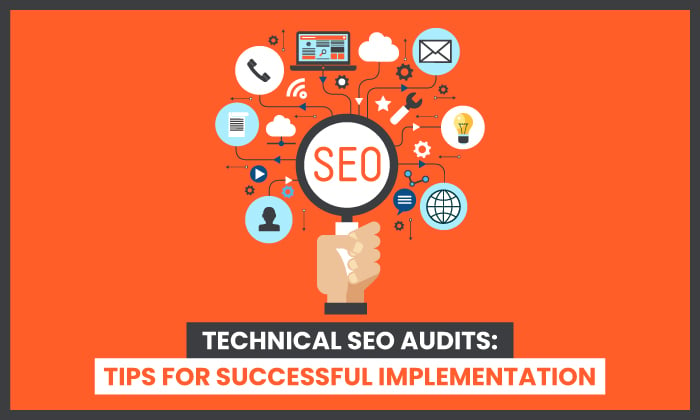
Unlocking Success: Essential SEO Best Practices
In the ever-evolving landscape of digital marketing, mastering SEO best practices is paramount for businesses seeking online success. This article explores fundamental strategies to optimize your website and enhance visibility across search engines.
Understanding the Foundation
Before delving into specific practices, it’s crucial to understand the foundational elements of SEO. Search Engine Optimization revolves around improving your website’s ranking on search engine results pages (SERPs). This involves a combination of on-page and off-page strategies designed to align with search engine algorithms.
Keyword Research and Implementation
One of the cornerstones of SEO is effective keyword research. Identify relevant keywords for your industry, considering search volume and user intent. Integrate these keywords strategically into your website’s content, meta tags, and headers. This practice signals to search engines that your content is aligned with what users are searching for.
Optimizing On-Page Elements
On-page optimization involves fine-tuning elements directly on your website to improve search engine visibility. This includes optimizing meta titles, meta descriptions, and headers with selected keywords. Ensure your content is well-structured, easily readable, and provides value to users. A seamless user experience is a crucial factor in SEO success.
Quality Content Creation
Content remains king in the digital realm. High-quality, informative, and engaging content not only attracts visitors but also satisfies search engine algorithms. Regularly update your website with fresh content that addresses the needs and interests of your target audience. Aim for a balance between keyword integration and natural, user-friendly language.
Mobile-Friendly Design
As mobile usage continues to rise, search engines prioritize mobile-friendly websites. Ensure your website is responsive and provides an optimal experience across various devices. Mobile-friendly design not only improves user satisfaction but also positively impacts your search engine rankings.
Building Quality Backlinks
Off-page optimization is equally crucial. Quality backlinks from reputable websites signal to search engines that your content is valuable and trustworthy. Actively seek opportunities for guest posting, collaborate with influencers, and engage in community-building to naturally acquire backlinks.
Website Speed and Performance
User experience is closely tied to website speed. Slow-loading websites can lead to higher bounce rates and negatively impact your search engine rankings. Regularly optimize and compress images, leverage browser caching, and invest in reliable hosting to ensure your website loads quickly and efficiently.
Technical SEO Audits
Conducting regular technical SEO audits is essential for identifying and resolving issues that may affect your website’s performance. This includes checking for broken links, improving site architecture, and ensuring proper indexing. Addressing technical issues enhances your website’s overall health and positively influences search rankings.
Utilizing Social Media for SEO
While not a direct ranking factor, social media can indirectly impact your SEO efforts. Sharing content on social platforms increases its visibility, potentially leading to more backlinks and engagement. Maintain an active social media presence, share relevant content, and encourage social sharing to amplify your SEO impact.
Continuous Monitoring and Adaptation
SEO is not a one-time effort but an ongoing process. Regularly monitor your website’s performance using analytics tools. Track keyword rankings, user engagement, and conversion metrics. Stay informed about industry trends and algorithm updates, adapting your strategies to maintain optimal performance.
SEO Best Practices: A Path to Sustainable Growth
In conclusion, mastering SEO best practices is a dynamic and essential component of online success. By understanding the foundational elements, conducting thorough keyword research, optimizing on-page and off-page elements, prioritizing quality content, and staying adaptable to industry trends, businesses can navigate the complexities of the digital landscape and achieve sustainable growth.
For more insights into SEO best practices, visit SEO Best Practices.




